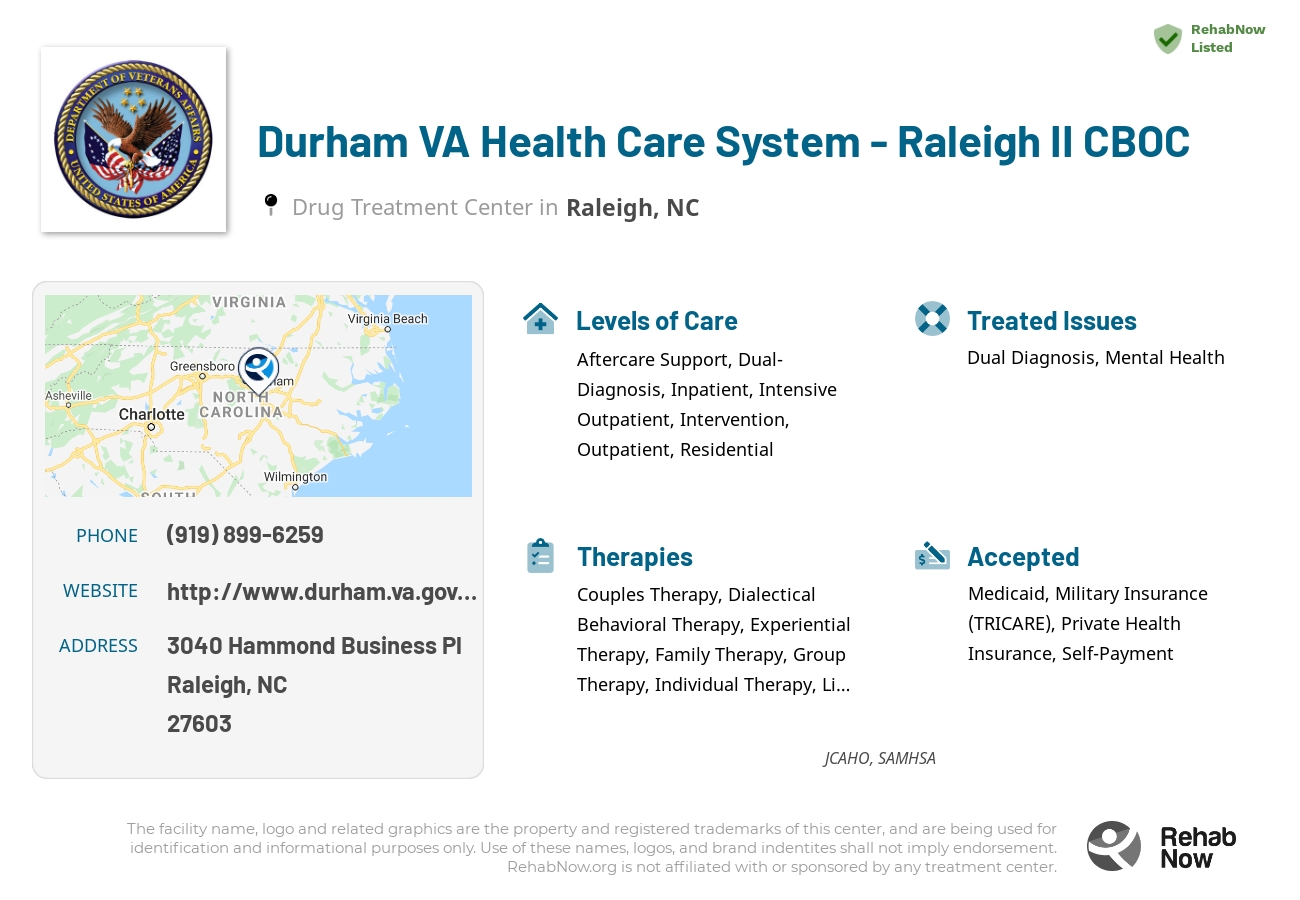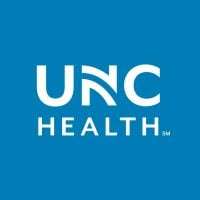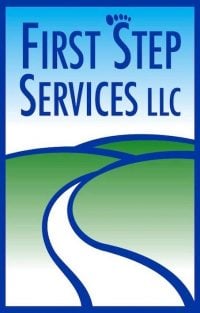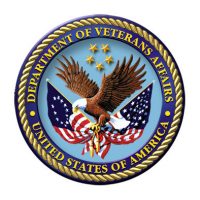
Durham VA Health Care System - Raleigh II CBOC
Drug Rehab Center in Raleigh, North Carolina
- Mental Health
- Dual Diagnosis
About This North Carolina Facility
Durham VA Health Care System - Raleigh II CBOC’s Drug Treatment Center, located in Raleigh, NC, offers multiple levels of care, individualized treatment options, and accepts most health insurance.
Certifications are important to consider when selecting a facility. Durham VA Health Care System - Raleigh II CBOC is a SAMHSA listed and licensed center. We also discovered an additional certification by JCAHO.
Treatment here is generally (at least partially) covered by most insurances, their information claims. Our admissions experts are waiting for your call, they will verify your insurance and help you narrow down the best treatment available. Also, patients may self-pay.
Genders
Ages
Modality
Additional
Accreditations
SAMHSA

JCAHO
Conditions and Issues Treated
Dual-Diagnosis
A dual diagnosis is when someone deals with both alcohol and mental or emotional disorder. Emotional trauma, bipolar disorder, schizophrenia, depression can be part of dual diagnosis therapy. It must happen simultaneously to get care for these conditions to handle any of them effectively.
Dual Diagnosis (Co-Occuring Disorders), Mental Health
Levels of Care Offered at Durham VA Health Care System - Raleigh II CBOC
This center offers a variety of custom treatment tailored to individual recovery. Currently available are Aftercare Support, Dual-Diagnosis, Inpatient, Intensive Outpatient, Intervention, Outpatient, Residential, with additional therapies available as listed below.
Inpatient Rehab in Raleigh, NC
When a patient checks into Durham VA Health Care System - Raleigh II CBOC, inpatient care takes place. Patients undergo treatment that requires detoxification and counseling round the clock. While outpatient treatments are available in North Carolina, as the first phase in recovery, inpatient care is suggested. Intensive and thorough rehabilitation sets patients on the road to a drug-free life.Raleigh, NC Intensive Outpatient (IOP)
Intensive outpatient programs (IOP) comprise regular visits to the North Carolina facility that provides the therapy. IOP is suitable for patients who have been treated in residential treatment programs. Durham VA Health Care System - Raleigh II CBOC‘s patients gradually get back to their routine life.
Outpatient Program
In outpatient programs at Durham VA Health Care System - Raleigh II CBOC, the Raleigh resident can live with their family while continuing with their job or studies. Treatment includes educating the patient on drug abuse, medications, and counseling sessions at the individual or group level.
Residential treatment programs are those that offer housing and meals in addition to substance abuse treatment. Rehab facilities that offer residential treatment allow patients to focus solely on recovery, in an environment totally separate from their lives. Some rehab centers specialize in short-term residential treatment (a few days to a week or two), while others solely provide treatment on a long-term basis (several weeks to months). Some offer both, and tailor treatment to the patient’s individual requirements.
Not everyone who struggles with addiction in North Carolina is ready to go into a treatment program. For these individuals, intervention services may help. Friends and family of the individual can call and set up an intervention. We have a professional come and lead the discussion.
Treatment is just the first step to maintaining sobriety. After treatment, aftercare support at Durham VA Health Care System - Raleigh II CBOC helps the individual adjust to a life without substances. This support may involve a sober living home in or near Raleigh, NC, career counseling, or educational assistance. This is when a relapse prevention plan begins to take shape.
Therapies & Programs
Individual Therapy
Individual therapy involves one on one sessions between the patient and the therapist at Durham VA Health Care System - Raleigh II CBOC. Individual therapy provides patients with a safe environment where they can openly discuss their problems with the therapist. The patients find the therapist as a person who they can trust. It helps them to open up and discuss personal and sensitive issues, which they may not be comfortable discussing in a group setting.
Individual therapy aims to identify the core issues that would have led the patient to substance abuse and address the root cause effectively. The therapist can develop patient-specific customized solutions through individual therapy, which aids speedier recovery.
Couples Therapy
Addiction and alcoholism always harm an addict’s relationships with others and none more than relationships with a spouse or partner. Couples therapy is an essential part of restoring trust and good communication to intimate relationships harmed by addiction. Couples therapy by Durham VA Health Care System - Raleigh II CBOC helps repair the damage done to these important relationships.
Family Counseling + Therapy
Recovery can be more effective if the entire family’s involved. Family therapy hosted by Durham VA Health Care System - Raleigh II CBOC brings in the addict’s family to explore genetic factors. It gives loved ones the tools for dealing with addiction and its underlying mental issues. It is a recommended step in helping addicts adapt to sober living.
Trauma is one of the most common causes of psychological disorders. It’s often found in people with addiction diagnoses. Trauma therapy addresses this by examining the emotions and thoughts people have formed due to past traumas. Traumas are complex but trauma therapy can reduce their ability to contribute to addictive behaviors.
Self-defeating thoughts and habits can limit your possible successes. Some examples of this are procrastination, unhealthy eating and angry outbursts. REBT is a method of specific counseling offered by Durham VA Health Care System - Raleigh II CBOC that replaces negative and self-limiting thoughts.
The right diet can improve a person’s general outlook, sleep habits and thought processing skills. MNT also lowers the occurrence of chronic diseases such as adult-onset diabetes. Dieticians like those at Durham VA Health Care System - Raleigh II CBOC in Raleigh, NC believe that nutrition therapy is the key to making significant lifestyle changes.
Rehabilitation is not just limited to bringing an individual out of addiction and achieving sobriety. It is considered complete only when an individual starts leading a normal and balanced life. Life skill therapy focuses on the various skills that helps an individual to lead a normal life. Patients often do not take care of themselves, struggle professionally and withdraw from social interaction due to the physical and emotional disturbances caused by addiction.
Life skills therapy helps them to improve various personal, professional and social skills such as cooking healthy meals, maintaining proper hygiene, budgeting, decision making, time management, regulation of emotions and resolving the interpersonal conflicts effectively.
Aftercare, Cognitive Behavioral Treatment (CBT), Couples Therapy, Dialectical Behavioral Therapy (DBT), Dual-Diagnosis, Experiential Therapy, Family Therapy, Group Therapy, Individual Therapy, Inpatient Treatment, Intensive Outpatient (IOP), Intervention, Life Skills, Motivational Interviewing, Nicotine Replacement Therapy (NRT), Nutrition Therapy, Outpatient Treatment (OP), Rational Emotive Behavior Therapy (REBT), Residential Long Term (>30 Days), Sober-Living / Half-Way, Trauma Therapy
Patient Experience
Experiential Therapy at Durham VA Health Care System - Raleigh II CBOC
Experiential therapy involves recreating or creating new experiences for the patient. Many people struggled with past issues such as memories or trauma. By creating a new experience, it allows people to work through the issues associated with those moments in a new experience. This can give them a new measure of control and can help them role play a new scenario. That can help push addiction into their past and help them begin the healing process.
Payment Options Accepted
For specific insurance or payment methods please contact us.
Is your insurance accepted?
Ask an expert, call (888) 674-0062
Additional Details
Specifics, location, and helpful extra information.
Raleigh, North Carolina 27603 Phone Number(919) 899-6259 Meta DetailsUpdated November 25, 2023
Staff Verified
Patient Reviews
There are no reviews yet. Be the first one to write one.
Raleigh, North Carolina Addiction Information
North Carolina ranks 29th in the nation for overall substance abuse. Many of the drugs abused in the state are illicit, and many of these are opioids. Prescription opioids are readily available due to the high rates of medical workers prescribing them. The number of prescriptions has increased tenfold since the 1980's. Opioid overdoses are the most common type of death in North Carolina.
Raleigh, NC has one of the highest rates of drug-related deaths in the country. 10% of Raleigh residents report current illicit drug use. The majority of overdose deaths occurred among people ages 35-54. A variety of different types of therapy are available in Raleigh, North Carolina. This includes individual therapy, group therapy, and family therapy.
Treatment in Nearby Cities
- Shelby, NC (166.0 mi.)
- Murphy, NC (307.4 mi.)
- Fuquay-Varina, NC (14.1 mi.)
- Banner Elk, NC (183.3 mi.)
- Gold Hill, NC (96.7 mi.)
Centers near Durham VA Health Care System - Raleigh II CBOC
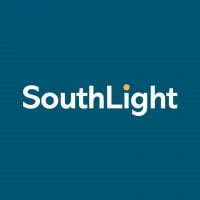

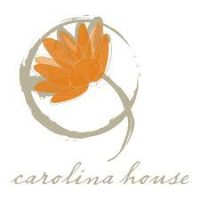
The facility name, logo and brand are the property and registered trademarks of Durham VA Health Care System - Raleigh II CBOC, and are being used for identification and informational purposes only. Use of these names, logos and brands shall not imply endorsement. RehabNow.org is not affiliated with or sponsored by Durham VA Health Care System - Raleigh II CBOC.




